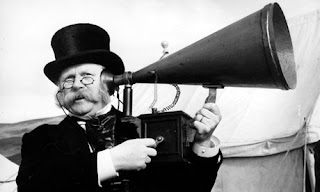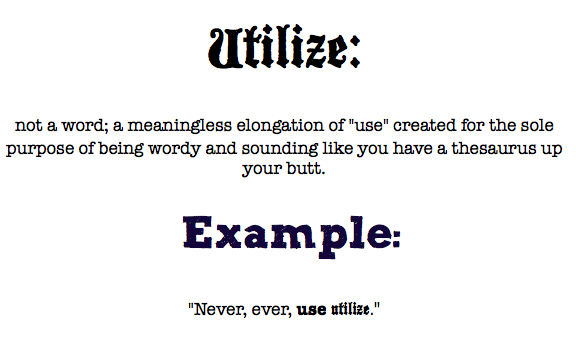 |
| obviously, we learned well |
Through education, we have greatly succeeded in mitigating racism in main-stream America. However, once we are taught not to hate black people, we almost immediately forget they exist. Crack open a copy of A History of the Modern World, the current history book used by Highland Park, and you'll find a map of Europe in the "geographical background" section, to the exclusion of a map of any other region. The preface of the textbook explains that it "makes no claim to be a world history," "focuses primarily on the developments of the west," and "stresses the influence of European societies." All non-European history in the textbook, which is scarce, is presented only as it applies to Europe, and non-European history that does not in some way involve Europe is not present.
Durning history class one day, I discovered that my teacher, who can eloquently describe how Rasputin affected the Russian Revolution for two hours if provoked, did not have any idea who Joseph Mobutu, the dictator who ruled Sub-Saharan Africa's largest country for nearly forty years, was. Nor should she be expected to: Mobutu, and the Great African War that succeeded his reign, are not present in any of our textbooks, and are entirely ignored by most schools and historians in general. It appears that as high schoolers we don't know anything about black people, aside from the fact that we should be nice to them.
 |
| Another excerpt from A History of the Modern World |
Meanwhile, African history is relegated to special events and national holidays, as if learning African history were some worthy cause, not a necessity. I have always found it ridiculous that we should set aside special time to learn about any certain minority group, as if to compensate for our lack of attention towards that group during the rest of the year. One serious issue with "black history" is this: history is far too interwoven for the teaching of just one group to be relevant. Imagine if we tried to fragment historical education into the histories of all ethnic groups: three months of Asian history, followed by two months for European history, and then a month of Latin America. I suppose we would then allow three weeks for Middle Eastern history, followed by a month of North American history and a week of Australian history, before closing out the year with our typical "black history month." This thinking brought Morgan Freeman, pictured in the quote above, to speak out against black history month, saying: "you're going to relegate my history to a month? Black history is American history." Freeman is always so good at explaining things.
The need for greater education of Africa in our schools is all too apparent. When I had the pleasure of meeting Chingwell Motumbu recently, a former Congolese citizen who started first step initiative, she stressed to me how education was the most important factor in lifting the Democratic Republic of the Congo out of poverty. If we are to lift ourselves out of our own bubble of eurocentricity and into global relevance, it will require the same equal attention to education that is worldwide and multi-cultural, and this includes education of Africa, not just as it applies to the West, but education that highlights the value of African society independently.
It has been suggested that history remains Eurocentric because history is taught as a study of "us" and who "we" are and where "we" are going as a people. But what are Americans if not a conglomeration of worldwide cultures? In fact, what is modern civilization if not a conglomeration of influences from across the globe, not merely, as my textbook implies, made up of the influence of European societies. As a global society, we all benefit from the contributions and the histories of other societies, not just as they apply to our own, but in their own right.
written by Abe Clark, January 21, 2013



